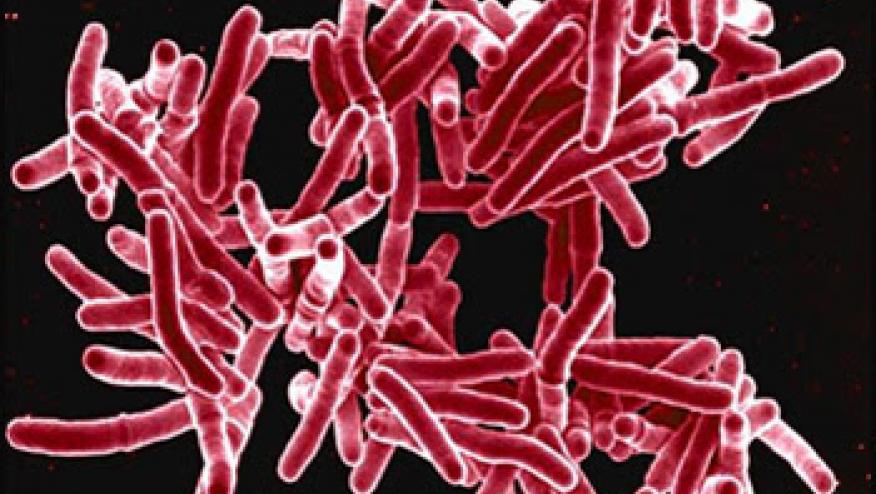Population-Based TB Risk and Prevention with RA and Biologics Save

In a retrospective cohort comparison study, 42,180 rheumatoid arthritis (RA) patients were compared 1:4 with 168,000 normal controls to examine the incidence of new tuberculosis in Taiwan. The RA population included those receiving csDMARDs (36,162), etanercept (3,577), adalimumab (1,678) and rituximab (763).
In Taiwan, BCG vaccination is implemented universally. Hence, a TB diagnosis was based on the use of an interferon gamma releasing assay (IGRA), and if results were indeterminate, TST would be performed using the Mantoux method. Patients were enrolled after TB screening. New TB cases were confirmed by coding, record review or death.
TB risk was 2.7-fold higher in RA patients compared with non-RA group, with an adjusted hazard ratio (aHR) of 2.58. Risk factors for TB included advanced age, male, corticosteroids≧5mg/day, and comorbidities (diabetes mellitus, chronic obstructive pulmonary disease chronic kidney disease). The time to develop new TB after drug exposure was shortest for adalimumab (1.8±1.2 years), followed by etanercept (3.6±2.4 years), and longest for csDMARDs (6.8±3.7 years).
Using RA patients on csDMARDs as reference, aHR for TB was the highest with adalimumab (1.52), etanercept (1.16), and lowest with rituximab (0.08).
A total of 913 TB cases were identified in 231,759 csDMARDs-exposed patients (IR = 394 per 100,000py) with a higher risk of TB (aHR = 2.47, 95% CI 2.29–2.67, p0.001) compared with non-RA group. RA patients were twice as likely as non-RA patients to have extrapulmonary TB (11% vs. 6.5 %). RA patients with new TB had a 2.5 fold higher mortality rate that was further increased by age, DM, and steroid use.
INH prophylaxis was used in those with latent TB infection (LTBI) and was shown to be 55-100% effective at lowering the risk of subsequent TB in those who continued their biologic.
The risks of TB and the mortality associated with TB may be efficiently reduced through increased awareness, comprehensive screening and effective use of INH prophylaxis.










If you are a health practitioner, you may Login/Register to comment.
Due to the nature of these comment forums, only health practitioners are allowed to comment at this time.